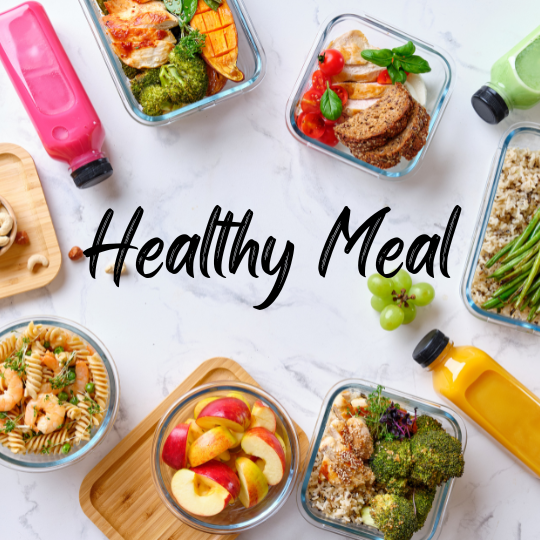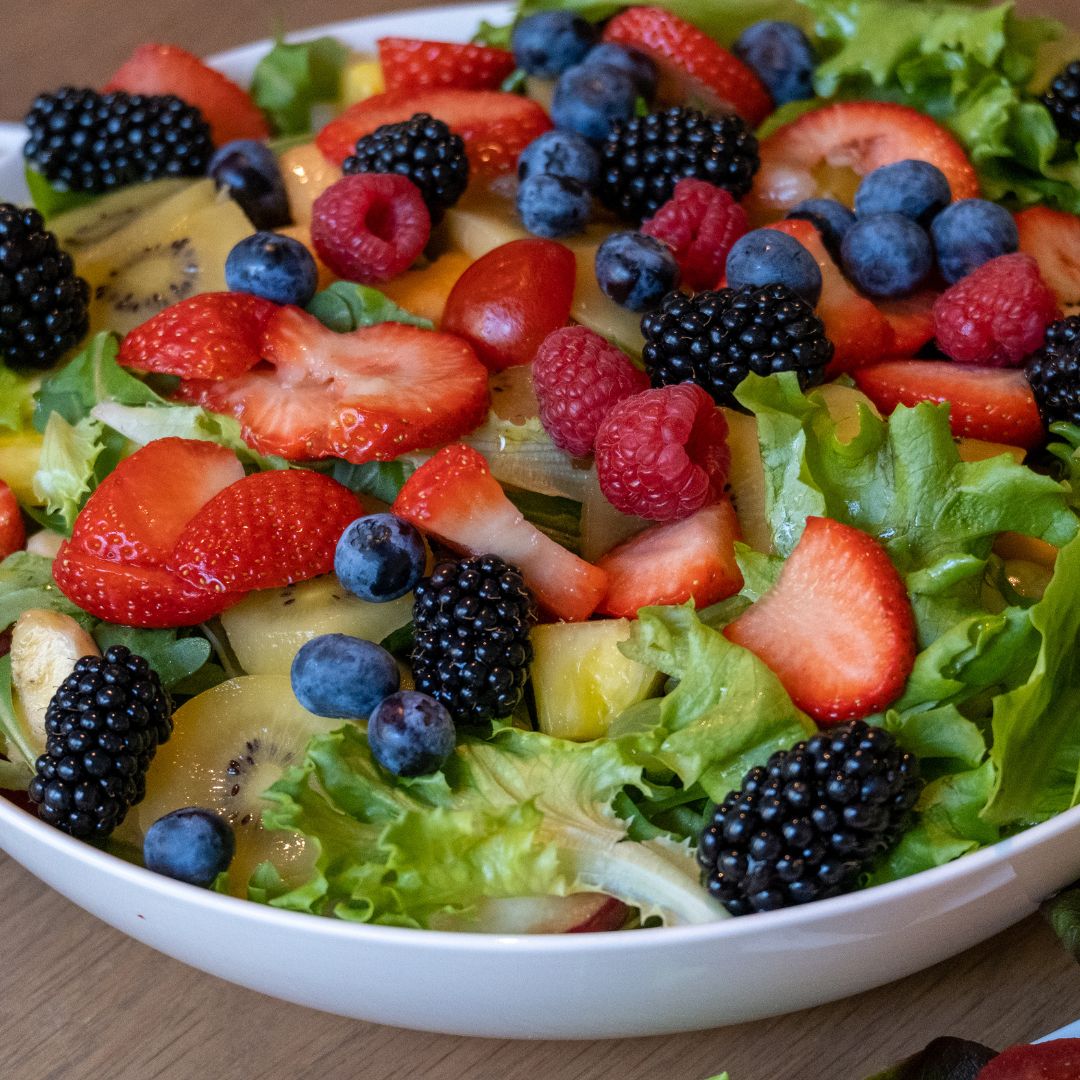
It might be intimidating to start the road towards healthy eating habits, especially for first-timers. However, adopting a balanced diet can be fun and doable with the right planning and preparation. This post will cover the fundamentals of healthy eating and provide newbies with a thorough overview of successful meal preparation. Plan forward to achieve success: The first step in good meal prep is careful planning. Spend some time organizing your meals and snacks at the beginning of each week. When making your meal plan, take into account your nutritional objectives, dietary preferences, and timetable. Select Nutrient-Dense Foods: Pay attention to nutrient-dense whole foods that include important vitamins, minerals, and macronutrients while choosing items for your meals. To guarantee a well-balanced diet, incorporate a range of fruits, vegetables, lean meats, whole grains, and healthy fats.

Batch Cooking for Efficiency: By cooking essential foods like grains, proteins, and veggies in large quantities, you may cut down on preparation time and optimize your meal prep process. To use as the foundation for several meals during the week, cook big amounts of grains like quinoa or brown rice, bake or grill chicken breasts, and roast a variety of veggies.
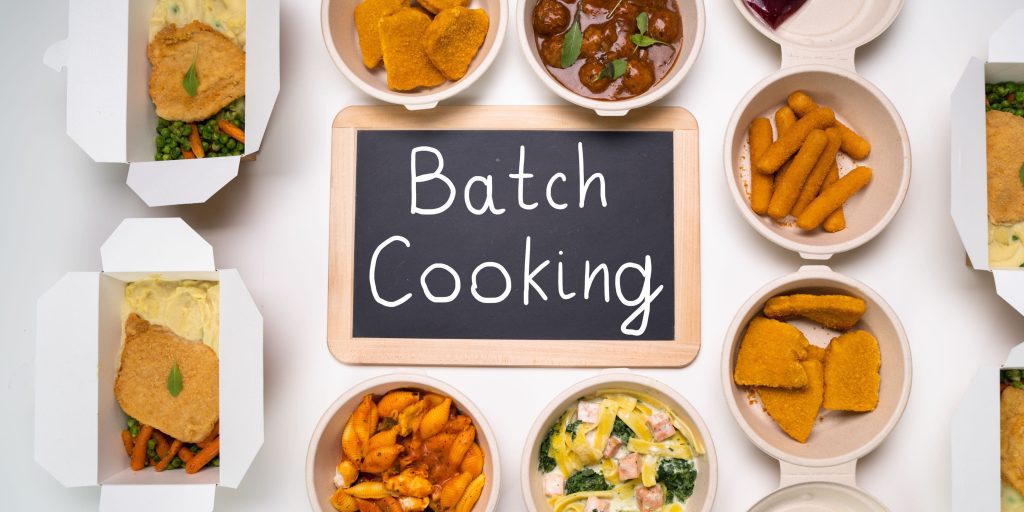
Invest in Reusable, High-Quality Storage Containers: To store and carry your prepared meals and snacks, get a set of reusable, high-quality storage containers. For convenience and peace of mind, choose containers that are dishwasher, microwave, and BPA-free.
Portion Control for Balance: Keeping a balanced diet and controlling calorie intake depend on proper portion control. To portion out your meals and snacks in accordance with your nutritional needs and objectives, use measuring cups, food scales, or portion control containers.
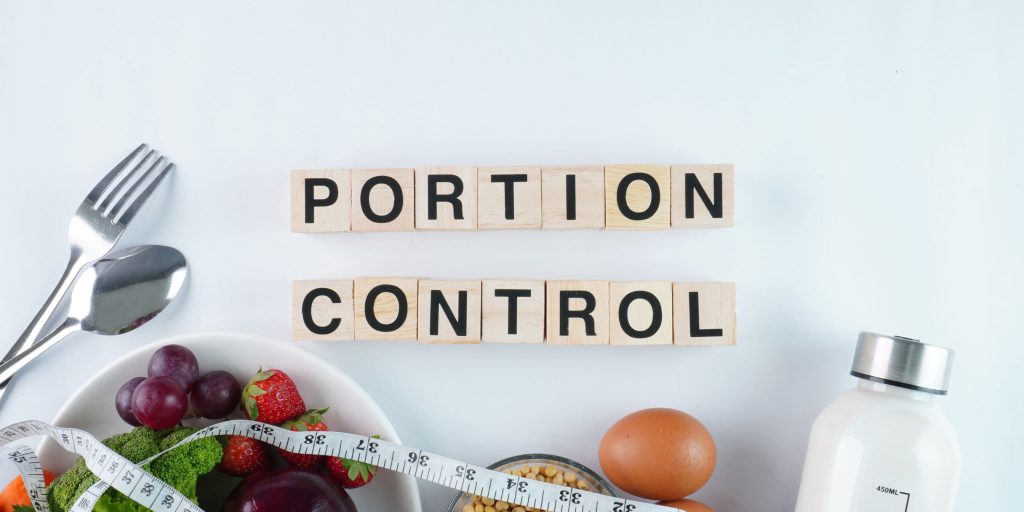
Add Variety and Flavor: Use a range of herbs, spices, and condiments to keep your meals interesting and delectable. To avoid becoming bored and make sure you look forward to eating your prepared meals throughout the week, try trying new taste combinations.
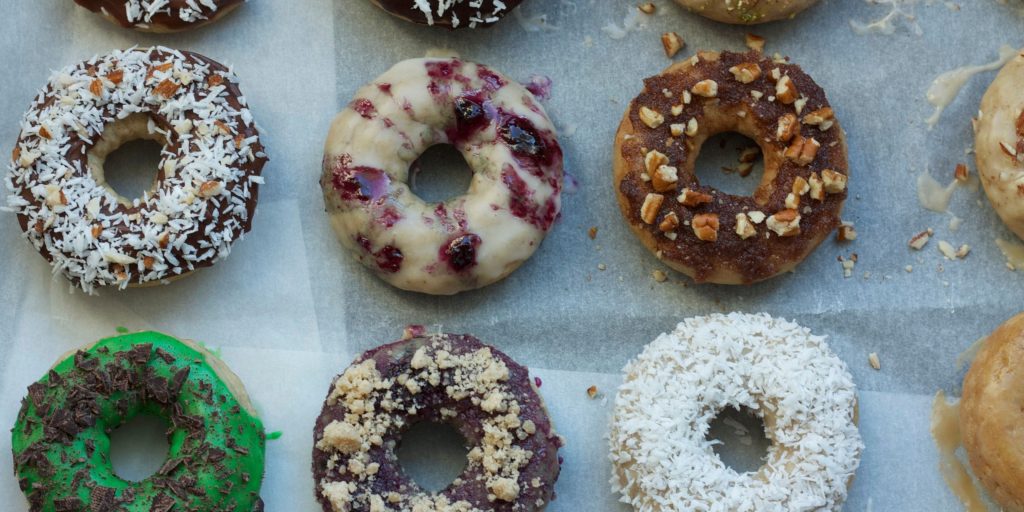
Don’t Forget About Snacks: To keep you full in between meals, plan and prepare nutritious snacks in addition to your main meals. For a quick and easy on-the-go snack, choose nutrient-dense foods like fresh fruit, raw veggies with hummus, Greek yogurt, almonds, or homemade energy balls.
Remain Adaptive and Flexible: When it comes to meal planning, adaptability is essential. Because life is unpredictable, be ready to modify your food plan as necessary. Maintain a backup plan, such as stocking up on healthy convenience foods or repurposing leftovers for new meals, in case of hectic days or unforeseen circumstances.
Engage in Mindful Eating: Set aside some time to thoroughly appreciate and enjoy your meals, free from outside distractions. To know when you’ve eaten enough, pay attention to your body’s signals of hunger and fullness. A better relationship with food and the avoidance of overeating are two benefits of mindful eating.
Honor Progress Rather Than Perfection: Keep in mind that eating healthily is about making progress rather than perfection. If something doesn’t go according to plan or if you treat yourself once in a while, try not to be too harsh on yourself. Prioritize implementing gradual, durable improvements, and acknowledge your accomplishments along the way.
meal planning is a useful strategy for novices who want to start eating better and make wholesome food options easier to find and consume. Planning ahead, selecting nutrient-dense foods, and adding taste and diversity to your meals will help you succeed in your quest for improved health and wellbeing. Prepare meals in advance to support your achievement by consuming scrumptious and nourishing meals that feed your body and mind.

